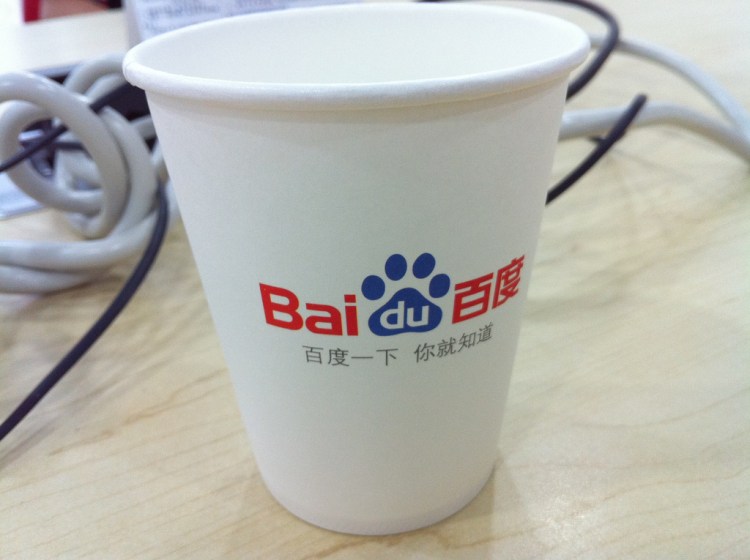Baidu has turned on its search engine in another country outside its homeland of China.
Brazil’s flavor of the Baidu search engine went live this morning, giving it a presence in one of the growing BRICS countries and helping it stand out more against competitors like Google, Yahoo, and Microsoft’s Bing. The Baidu search engine has also popped up in Egypt, Japan, and Thailand.
The Brazil rollout comes a couple years after Baidu opened up shop in Brazil. Next up, we can imagine an operational Baidu search engine in the United States, the home of the top search engines in the world.
After all, Baidu co-founder and chief executive Robin Li harbors ambitions of making the company a brand name in half of all countries in the world, according to a 2011 report in PCWorld.
Baidu opened a lab in Silicon Valley two months ago. Artificial intelligence smarts for a U.S. version of the Baidu search engine could certainly be possible, given that Baidu hired Andrew Ng, founder of Google’s deep-learning project and director of Stanford’s artificial intelligence lab (and a co-founder of massively open online course provider Coursera). And the Baidu lab is hiring.
Publicly traded Baidu’s capability spans far beyond web search. The company offers Chinese-language news, mapping, music, video, and picture-searching services.
As of late 2012, Baidu was second only to Google in the global search engine market, according to comScore data.


